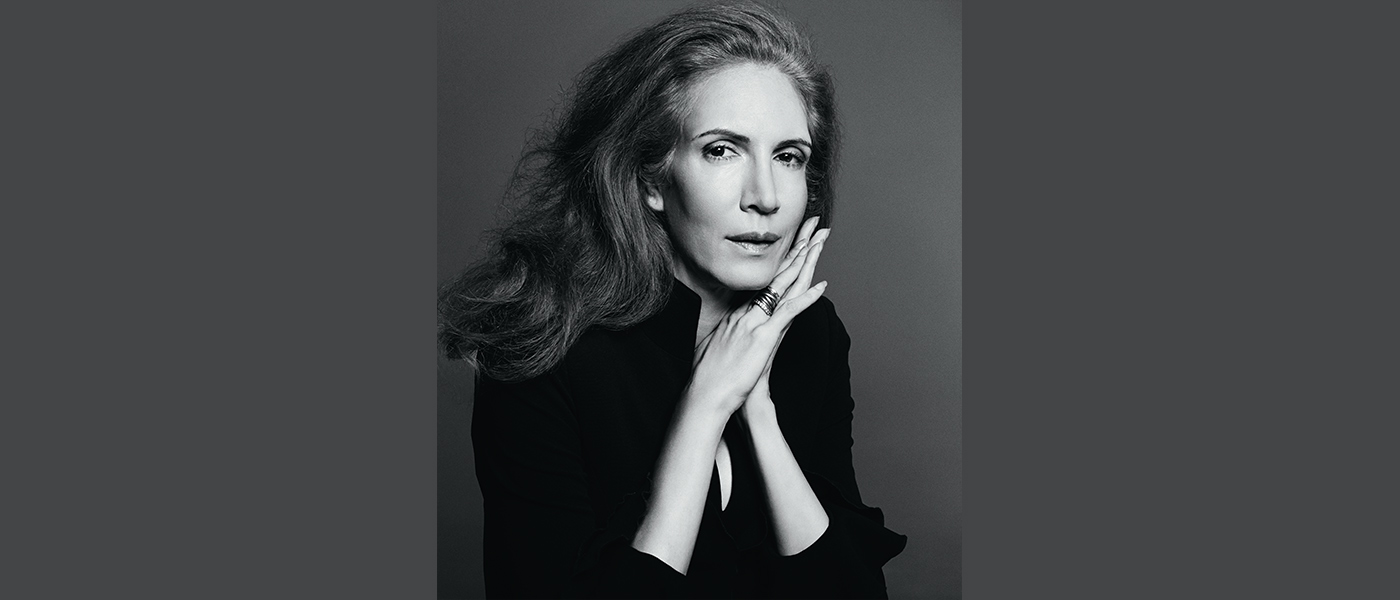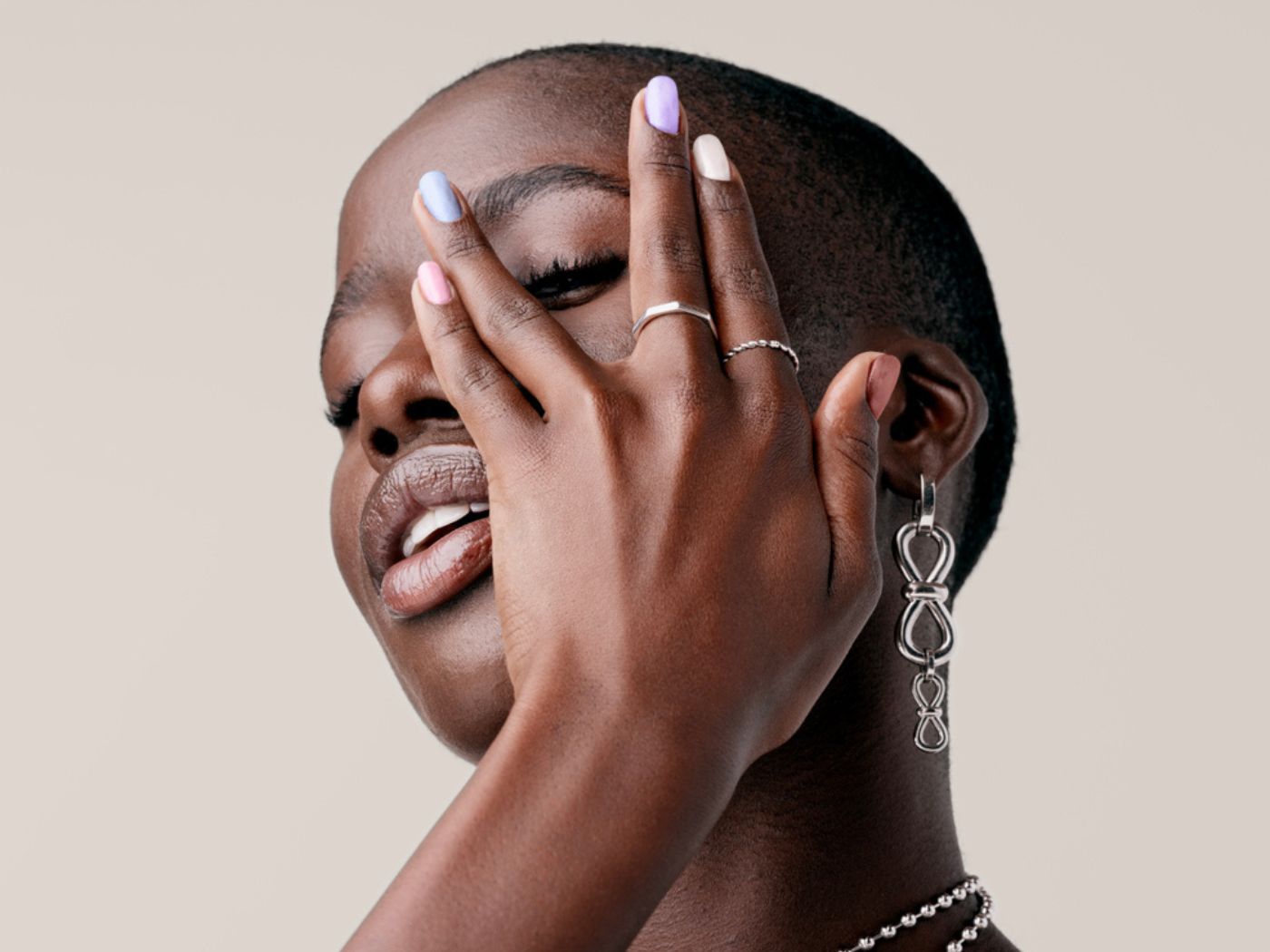For more than a decade, Jami Heidegger owned and ran the iconic brand, Kiehl’s. Her grandfather, Irving Morse, acquired the then pharmacy in 1921 after working for John Kiehl. Her father, Aaron, took ownership until 1988, when Jami bought it from him. In 2000, she sold the company to L’Oréal. Rather than leave the beauty industry, she and her husband, Klaus, moved to California from New York and decided to create their own brand, Retrouvé. “At Kiehl’s, we had to stay within long-established prices and other parameters to fit the brand profile when creating products. With Retrouvé we have the freedom to create as we please,” said the 59-year-old CEO and Co-founder. “We simplify one’s skin care routine with our potent, concentrated, multi-purpose formulations. Each of our preparations contains a synergistic blend of ingredients that addresses a myriad of skin concerns.” Retrouvé launched in Europe in 2013, and in the U.S. in 2014. The luxury, high-end unisex skin care collection uses new technologies and high-octane active ingredients – many of which are grown on Jami’s farm in Malibu. Since inception, the brand has doubled e-commerce growth every year, and has the highest repeat customer/client retention rate at Bergdorf Goodman. Working their way from the neck down, the brand just launched Baume Ultime, a balm body oil, their first body product. Somehow, Jami found time to talk to with Beauty News for the 5 Minutes With… feature.
Beauty News: What did L’Oréal bring to Kiehl’s that you would not have been able to do?
Jami Heidegger: It was clear that Kiehl’s was ready for another phase of expansion. L’Oréal allowed Kiehl’s to grow in myriad of ways that it might not have otherwise. L’Oréal’s extraordinary resources enabled Kiehl’s to increase greatly both the number of retail doors and product offerings while retaining the brand’s core values.
BN: How do you intend to grow Retrouvé?
JH: We develop slowly and in a highly-focused manner. Rather than rush to open new accounts in new markets, we strategically develop our existing business with a few of our strongest retailers, such as Neiman Marcus and Net-a-Porter. We are also directing a lot of energy toward our own e-commerce and recently launched a concierge service, whereby visitors to the site can receive one-on-one recommendations from our expert ambassadors. In terms of product development, we have a number of items in the pipeline, ready to launch later this year and the first half of 2020. As we do not advertise, we anticipate a slower, more organic growth, through word of mouth and customer feedback.
BN: What will make Retrouvé thrive in this crowded space?
JH: Our sales are driven through personal experience with the product. The marketplace is crowded, and that’s why it is important to stay true to our values. Authenticity resonates. We find that once people get to experience our treatments on their own skin, they are convinced. Therefore, we are making every effort to get samples into the hands of potential consumers.
BN: What kind of contribution are your products making in this new clean and green marketplace?
JH: We source the highest grade of ingredients on the market from suppliers who have ethical and sustainable business practices and history of quality. We have never utilized synthetic fragrance, artificial colorants, sulfates, oxybenzone, triclosan, benzalkonium, or a number of other harmful ingredients. We are also pairing back some of our packaging to be more environmentally friendly. While a decorative paper sleeve may look pretty on a box, it just ends up being discarded, and we are trying to do our part to reduce waste by continually re-configuring our luxury packaging.
BN: What are some specific strategies you’re using to reach a younger consumer?
JH: We are developing offerings at a more introductory, affordable price. Later this year, we will launch smaller sizes of our facial moisturizers. When we introduced a 15-ml size of our Revitalizing Eye Concentrate last year, we had a hard time keeping it in stock. Many of the people who purchased this size were younger, as the lower price point provided easier access to our brand. Another plus for younger consumers is that our products are multi-purpose, thus eliminating the need to purchase a shelf worth of products.
BN: What’s the biggest lesson you’ve learned over the years?
JH: To listen more and to be more patient. When I was younger, I was more closed to new ideas as I thought I already had the answers. Now I welcome and embrace hearing them and trying out new ways of doing things.
BN: Greatest accomplishment so far.
JH: There have been so many. Aside from pioneering an extensive sampling program with Kiehl’s and accepting skin care containers back for recycling, which we did in the early 80s, Kiehl’s was among the first cosmetics manufacturers to list all ingredients on labels in the ‘60’s to help customers make their own informed decisions on what ingredients they wanted to use.
BN: What’s a specific business mistake you’ve made?
JH: Although it looks luxurious in person, the metallic coloring that we use on our labels is very difficult to photograph due to the reflective glare, and we hadn’t accounted for this fact in the creation of our labels. Nowadays, packaging really needs to be designed with Instagram in mind, and metallics are just too tricky for the amateur or iPhone photographer to capture without proper lighting, etc.
BN: What beauty product (not your own) is your favorite and why?
JH: Tretinoin Cream .1% for its proven anti-aging benefits and for increased cellular turnover.
BN: Best advice for newbies entering the business today?
JH: Love what you do, have a sincere and profound passion for your brand, and try to make a difference in the world in and outside of the business. The beauty market is so crowded that I would suggest cultivating an interesting and significant point of difference to introduce a new product these days.
BN: What’s something no one tells you when starting a business?
JH: Starting a business is a 24/7, all-consuming endeavor, so vastly different from working for someone with set hours and duties. With your own company, you are ultimately responsible for everything, and there is never a “vacation” from responsibility.
BN: What’s a mantra you live by?
JH: My dad always told me, “Inch by inch, anything’s a cinch.”
BN: If you were to write the note found in a fortune cookie, what would it say?
JH: Life is short – do what you love.




